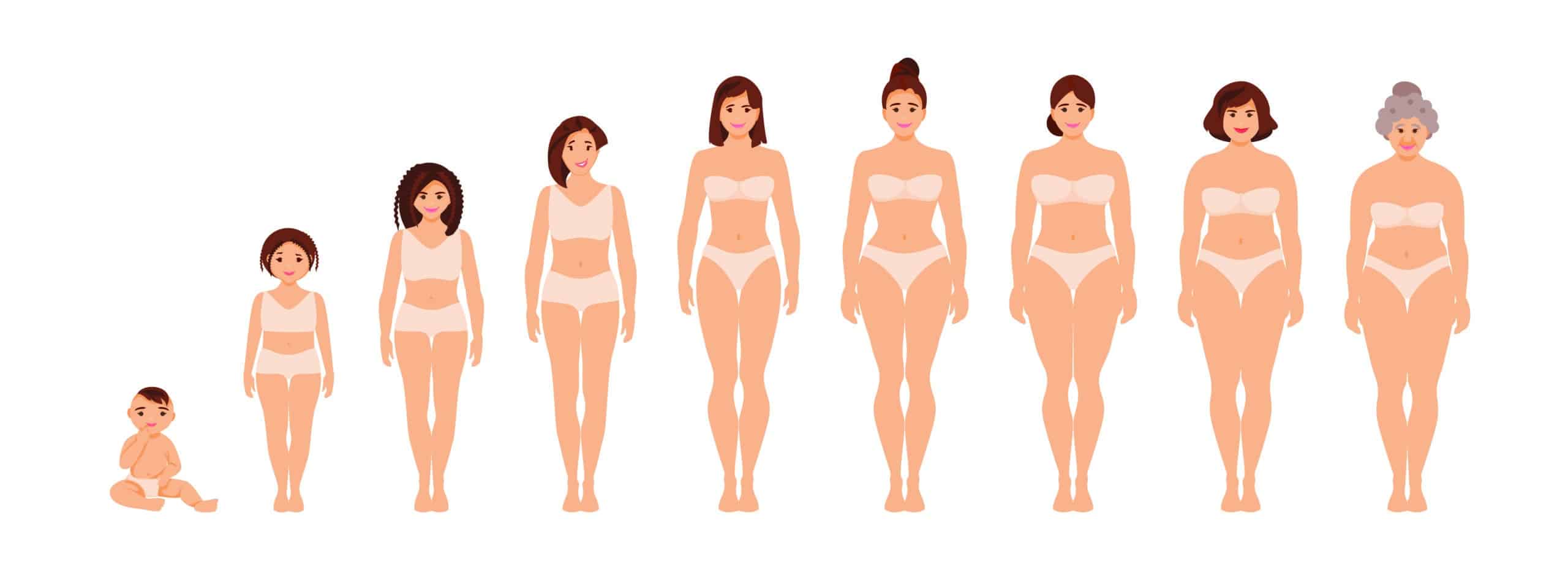Eating disorders are serious mental health conditions characterized by disturbances in eating behavior and body image that occur in approximately 13.1% of women across the lifespan. The prevalence of any eating disorder specifically for women aged older than 40 years is roughly 3.5%, with specific symptoms such as dissatisfaction with eating patterns being documented as high as 29.3%.
Serious complications such as high mortality and morbidity are associated with eating disorders. These adverse health events are likely to be magnified when present at older ages. However, few studies on eating disorders have included participants at midlife, including premenopause, perimenopause, and postmenopause.
There is some evidence that supports the idea that perimenopausal women have the highest rates of dysregulated eating behaviors (eg, weight-control behaviors such as regular counting of calories or consumption of diet foods) of any reproductive stage at midlife and are significantly different from premenopausal women with regard to body dissatisfaction and feelings of fatness. Although findings such as these remain scant; the association between eating disorders and symptoms of perimenopause (eg, negative mood, depression, and fatigue) confirm that perimenopause may be a particularly risky time for eating pathology.
In this new small study, which sought to investigate the structure of eating disorder symptoms specifically during perimenopause and early postmenopause, the researchers used network analysis statistical models to compare the structure and importance of specific eating disorder symptoms across reproductive stages. Although they admit that larger studies are necessary with this underrepresented female population, the researchers believe that the study confirms that dissatisfaction with body image is a key risk factor for eating disorders across the lifespan, especially at midlife.
Study results are published in the article “Network analysis of eating disorder symptoms in women in perimenopause and early postmenopause.”
“This study shows that, similar to studies in young adults, dissatisfaction with body image remains a core feature of eating disorder pathology in midlife women. Specifically, fear of gaining weight and fear of losing control over eating habits are central symptoms of eating disorders in perimenopause and early postmenopause. These findings may help direct more targeted treatment strategies in women during midlife,” says Dr. Stephanie Faubion, NAMS medical director.
For more information about menopause and healthy aging, visit www.menopause.org. Founded in 1989, The North American Menopause Society (NAMS) is North America’s leading nonprofit organization dedicated to promoting the health and quality of life of all women during midlife and beyond through an understanding of menopause and healthy aging. Its multidisciplinary membership of 2,000 leaders in the field—including clinical and basic science experts from medicine, nursing, sociology, psychology, nutrition, anthropology, epidemiology, pharmacy, and education—makes NAMS uniquely qualified to serve as the definitive resource for health professionals and the public for accurate, unbiased information about menopause and healthy aging. To learn more about NAMS, visit www.menopause.org




